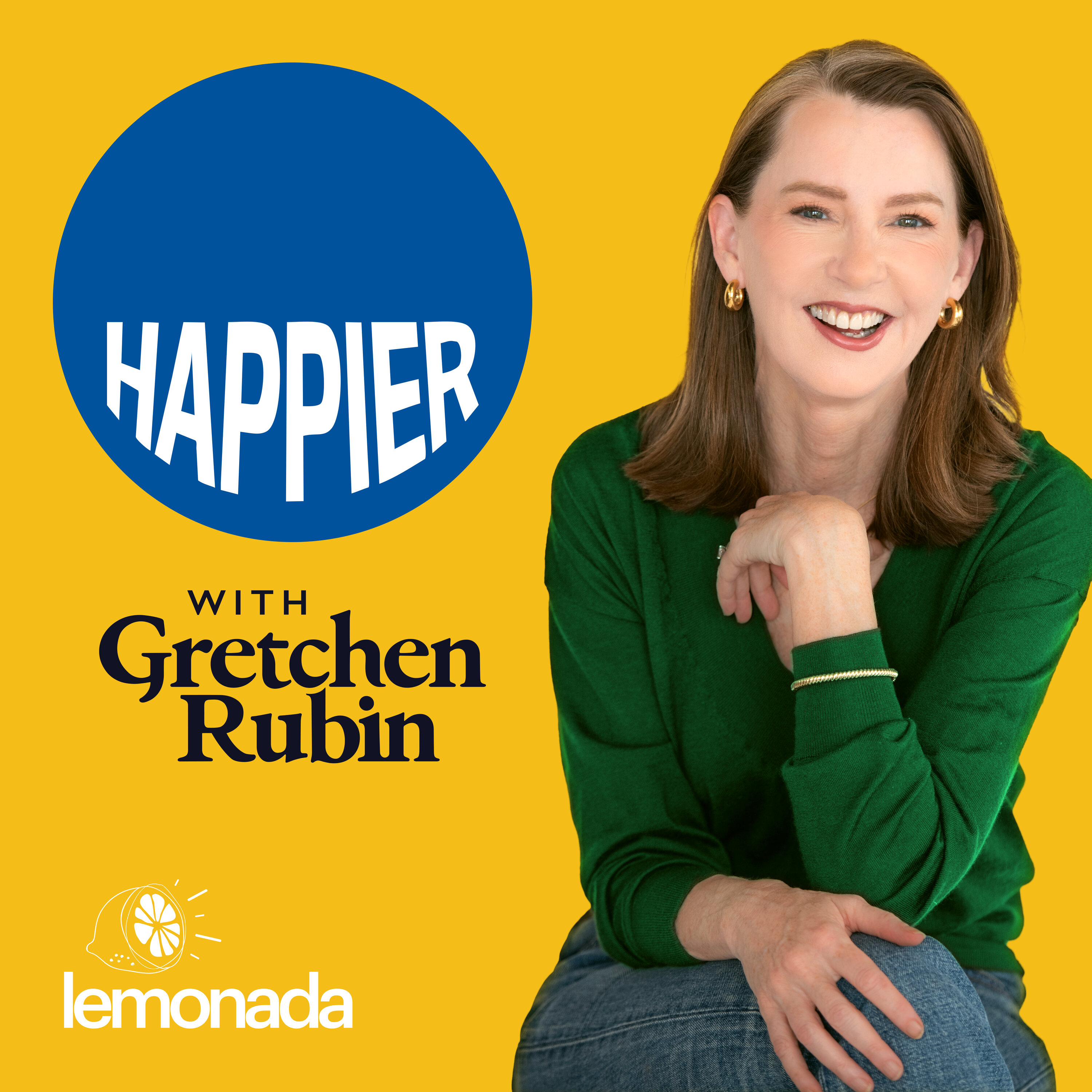
I love fables, parables, paradoxes, and teaching stories of all kinds—and I also love koans.
A “koan” is a question, story, or statement that can’t be understood logically. Zen Buddhist monks meditate on koans as a way to abandon dependence on reason in their pursuit of enlightenment. I’ve found that thinking about a koan stimulates mindfulness. Because koans force me to challenge the usual, straightforward boxes of meaning, they push me to think about thinking.
I’m always looking out for koans. For instance, when Pablo Picasso told an art dealer, “I often paint fakes.”
There’s a “koan” I love so much that I used it as the epigraph to The Happiness Project (choosing the epigraphs is probably my favorite part of writing a book).
It had great significance for my happiness project. In John Boswell’s The Life of Samuel Johnson, Boswell quotes Johnson remarking:
“As the Spanish proverb says, ‘He who would bring home the wealth of the Indies must carry the wealth of the Indies with him, so it is with travelling, –a man must carry knowledge with him if he would bring home knowledge.’”
Put another way, by Henry David Thoreau, in his journal entry from August 30, 1856:
“It is in vain to dream of a wildness distant from ourselves. There is none such. It is the bog in our brains and bowels, the primitive vigor of Nature in us, that inspires that dream. I shall never find in the wilds of Labrador any greater wildness than in some recess of Concord, i.e. than I import into it.”
I think this means: I can’t find abundance, or adventure, or knowledge, or happiness outside myself unless I can find it inside myself.
Agree, disagree?
